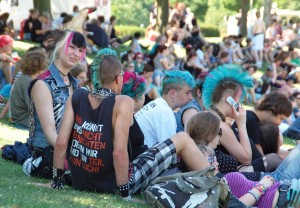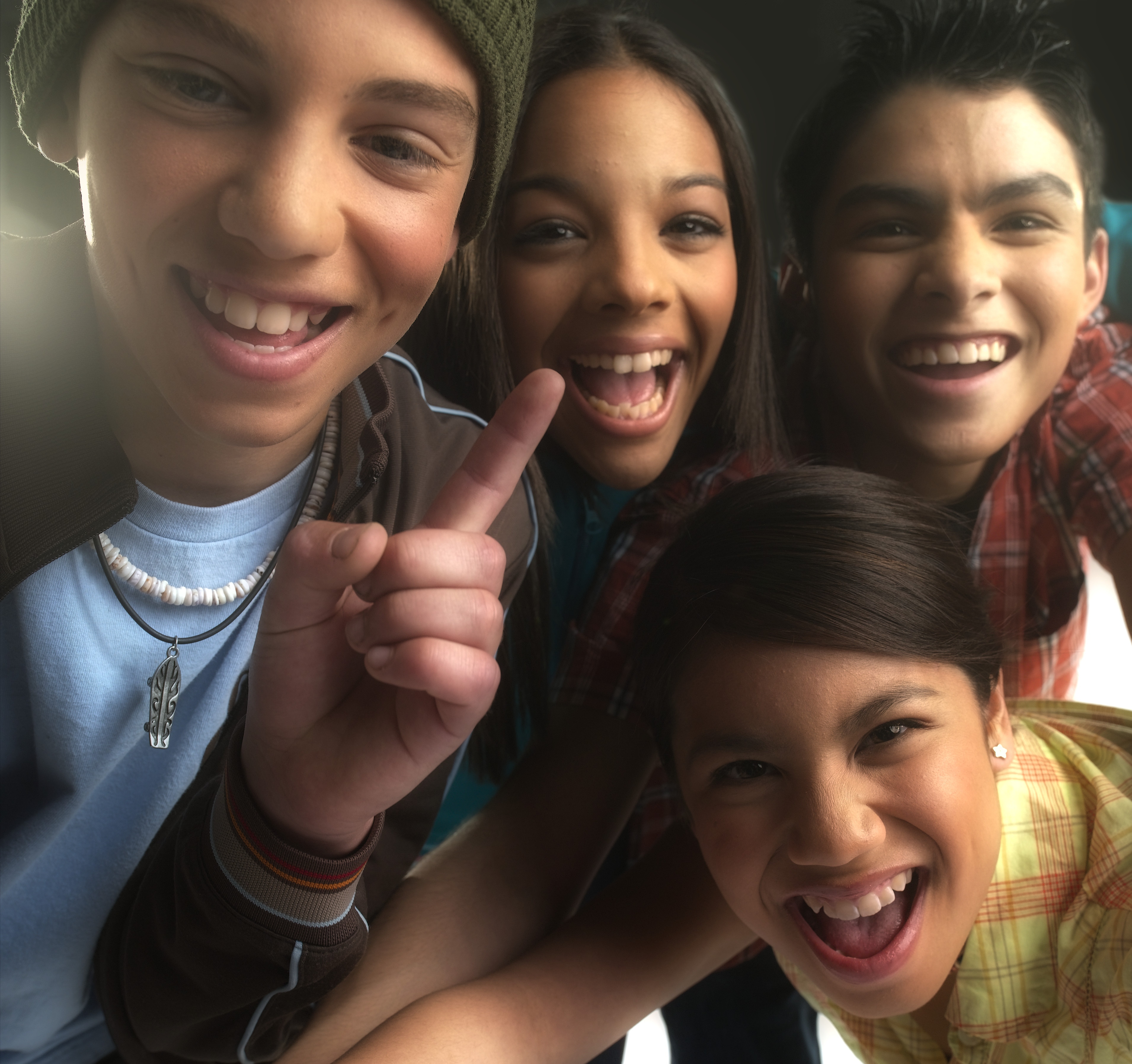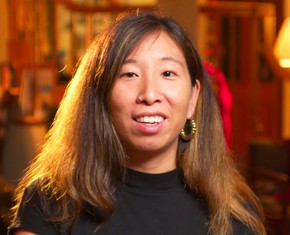The views expressed in our content reflect individual perspectives and do not represent the authoritative views of the Baha'i Faith.
I work with young people in a restorative justice program in Regina, Saskatchewan. As well, I facilitate youth-oriented workshops across North America. Young people seek a sense of belonging which they manifest through various signals. One of these is appearance modification such as donning tattoos, piercing, dramatic hairstyles and clothing choices. This is done in an effort to distinguish themselves from the adult world and from other tribes of youth.

11th Ave in Regina, Canada
It is not a new concept but rather a rite of passage that has existed in many cultures for generations. And incidentally, it is not restricted to youth as evidenced by the number of adults who dramatically alter their appearance to meet specifications current and shifting standards of beauty. Others of this generation have opted to wear the uniform of corporate North America with its omnipresent value that “enough is never enough”. They would seem to fit in perfectly as “normal and well adjusted” in no need of reclamation. Yet, how maladjusted is the materialism and greed which alienates this group from the environment, ecology, the poor and disadvantaged and ethnic and racial minorities.
Another expression of the search for identity and belonging in youth can be found in their music of choice: Rap, Hard Core, Punk, Pop Punk, Heavy Metal, etc. A sense of their concerns and angst is easily derived from listening to the lyrics.

Punk rockers in Bonn, Germany
What is new to this generation is the creation of virtual worlds and realities in which the youth assume identities and seek belonging through the creation of perfect super-human avatars. They can completely abandon their real identity in an ultimate form of self-denial and become a super being in a guild of “imaginary friends”. And if they are not playing on-line games, many young people globally are increasingly lulled into thinking that social networking sites on the Internet provide a genuine sense of belonging.
Since the days of Protagoras society has promoted self-fullness as a quintessential value. As set forth his system “Homo mensura,” or “Man the measure”, humankind constitutes the ultimate norm from which all values are determined, making our species the definitive and final authority. This anthropocentric approach to life and values has moved into all sectors: political, cultural, social, business and religious systems in societies across the globe. It has caused a critical disconnection between humankind and other species, which share our planet.
The truths of one era or generation often evolve or are discarded outright for different and more profound understandings of a scientific, academic, social, business and theological nature. Truth emerges through observation, investigation and experimentation, demonstrating that it is relative and not absolute. One area where this refinement has been slower to evolve is in social programming aimed at youth. Antiquated programs that cling to treatment based on authority mandated by the justice systems. This seldom results in genuine healing for youth and young adults.
To facilitate genuine and lasting healing we must, first and foremost, recognize young people are spiritual beings. In the words of Pierre Teilhard de Chardin:
“We are not human beings having a spiritual experience. We are spiritual beings having a human experience.”
To put it another way: we are not bodies with a soul we are souls with a body. It is human spirit that connects us to all living entities on earth and beyond.” Spiritual energies create capacity.” Youth and young adults in pain and who are at risk can be reclaimed because it is the human spirit that gives them the capacity to be resilient. They seek, perhaps unconsciously, to be freed from negative learning and issues such as racism, sexism, ablism, nationalism (in the extreme), theological bias, and forms of prejudice and discrimination. Within this mix – racism and racial prejudice is among the most invasive and persistent social diseases that young people live with every day. Internalized racism systematically undermines one’s identity and extinguishes any hope of belonging.
Training and learning under the philosophical framework of the “Circle of Courage” offers effect, strength-driven, science-based strategies and programs that help young people develop independence, mastery and generosity as well as a healthy sense of belonging. This is the foundation upon with young people develop in to community members who make positive contributions and learn service-leadership.
I believe the goal and aspiration of all who work with young people is to draw upon their inner strengths which will enable them to clarify problems, cope with challenges, restore their courage and build bonds of respect and true belonging.
















Comments
Sign in or create an account
Continue with Googleor